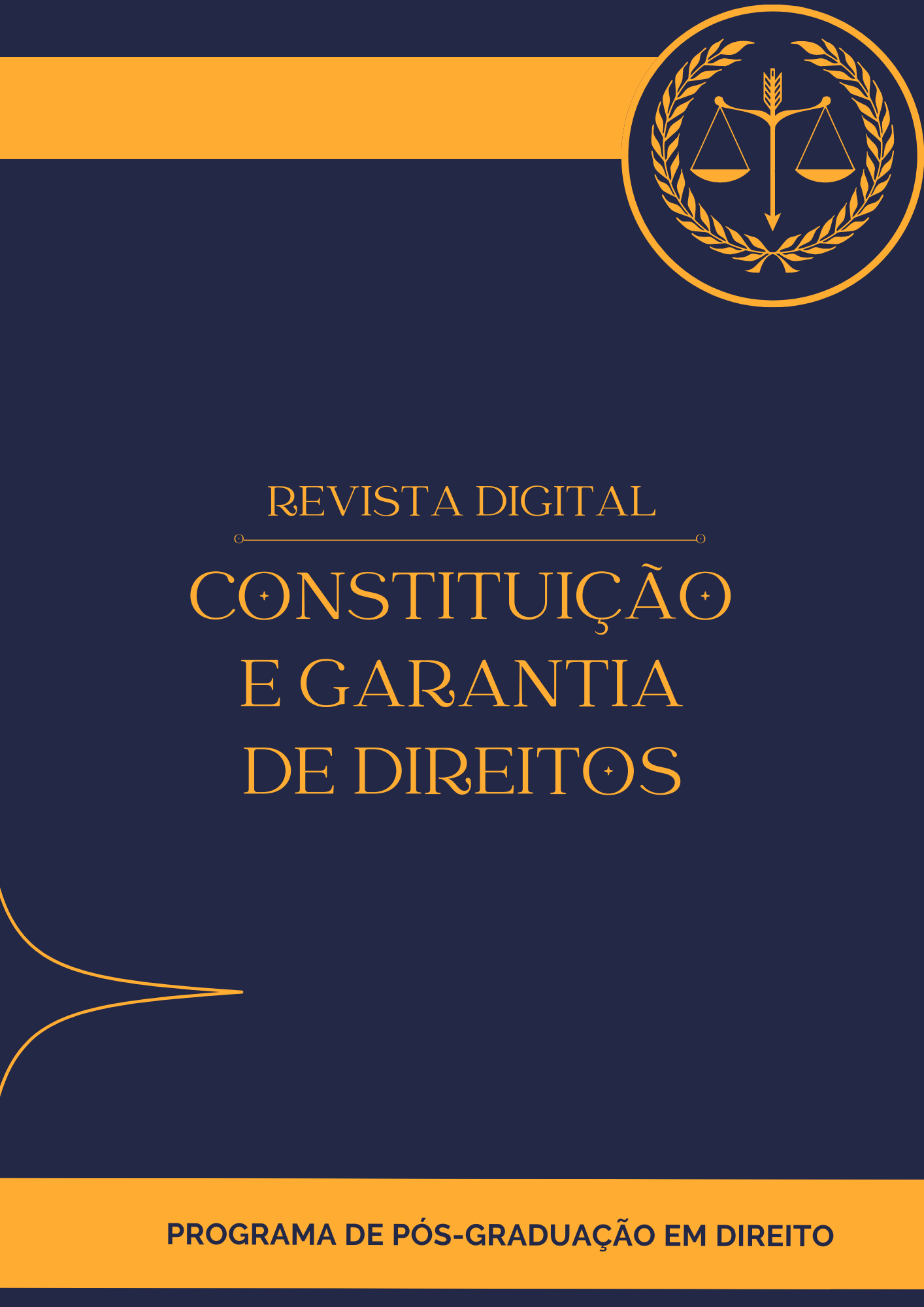THE PROCEDURAL WITHDRAWAL
Act` s Effectiveness under the CPC` s System of Judicial Precedents
DOI:
https://doi.org/10.21680/1982-310X.2021v14n2ID29564Abstract
The new model of precedents, adopted by the Code of Civil Procedure, may give rise to a social function of individual demand, which would mitigate the effects of procedural withdrawal. The individual demand, serving to build the scope of reasoning that, eventually, would bind the lower judicial bodies, could see the narrated facts discussed, a thesis established and, even giving up the individual demand effectively, the plaintiff and defendant could still see, in future demand, imposition of precedent to which they gave rise. This event motivated the research, in the search for present and future consequences to the parts of the paradigmatic process that, giving up the process, may suffer harmful effects. The withdrawal of the process, which at first retains the nature of law or procedural business, depending on the role that individual demand plays in the system of precedents, gains a social function that reinforces the need for research. The withdrawal, the distinguishing and, still, argumentative duties in the exercise of the right of access to the Judiciary, in short, motivated and founded the line of reasoning of the research, in the search for the new parameters of the procedural withdrawal that occurred in the bulge of the formation of the judicial precedent.
Downloads
Downloads
Published
How to Cite
Issue
Section
License
Copyright (c) 2023 Revista Digital Constituição e Garantia de Direitos

This work is licensed under a Creative Commons Attribution-NonCommercial-ShareAlike 4.0 International License.
Autores mantêm os direitos autorais pelo seu artigo. Entretanto, repassam direitos de primeira publicação à revista. Em contrapartida, a revista pode transferir os direitos autorais, permitindo uso do artigo para fins não- comerciais, incluindo direito de enviar o trabalho para outras bases de dados ou meios de publicação.





